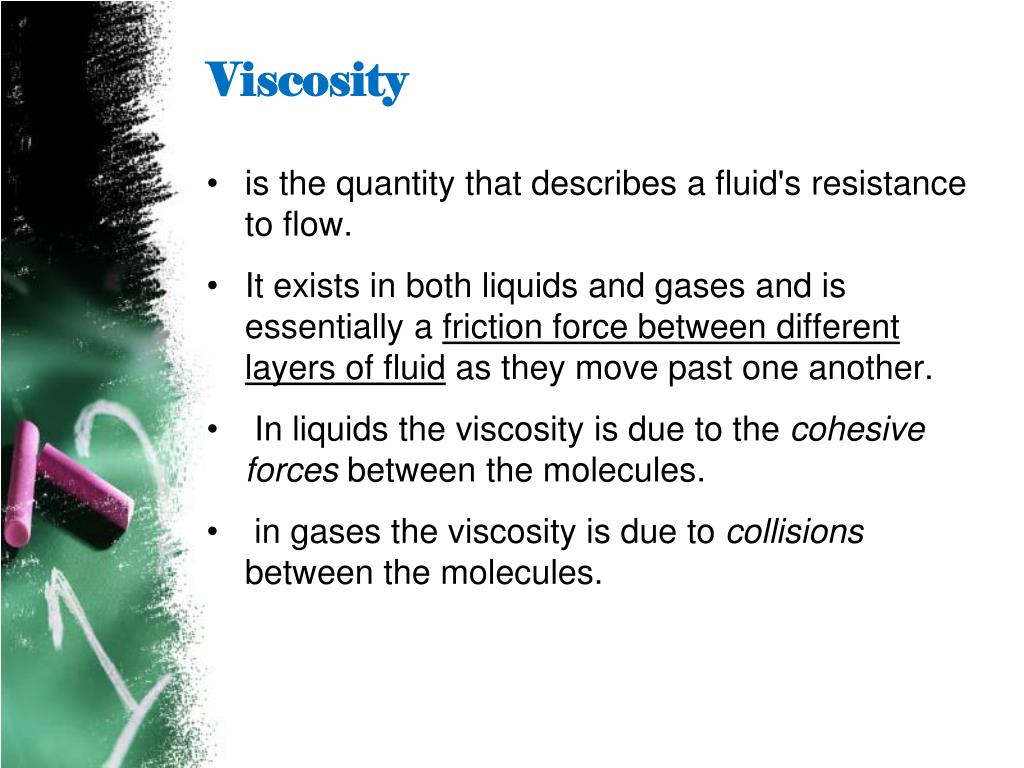


These two terms are related to fluids such as liquids and gases. Viscosity is a quantitative measurement that is useful in chemistry. Rheology is a branch of physics or physical chemistry. What is the Difference Between Rheology and Viscosity? Experimentally, in this type of situations, the fluid requires some stress in order to sustain the flow through the tube. For example, when we are forcing a viscous fluid through a tube, it tends to flow more quickly near the axis of the tube compared to the flow near walls. We can show viscosity by quantifying the internal frictional force which arises between adjacent layers of fluid that occurs in a relative motion. the viscosity of syrup is higher than that of water. When considering liquids, it corresponds to the informal concept of thickness, e.g. Viscosity of a fluid is the measure of its resistance towards deformation at a given rate. Practically, rheology involves extending continuum mechanics in order to characterize the flow of materials that can exhibit a combination of elastic, viscous, and plastic behaviour through properly combining elasticity and fluid mechanics. However, the term rheology is interchangeably used along with rheometry by experimentalists. We can give the rheological behaviour as an experimental characterization that is named rheometry. Some non-Newtonian fluids show rheopecty where viscosity increases with relative deformation, and this is named shear thickening or dilatant materials.įigure 01: Rheology of Time Independent Fluids The opposite phenomenon or rheology is rheopecty. Generally, rheology accounts for the behaviour of non-Newtonian fluids by characterizing the lowest number of functions required to relate stresses with the rate of change of strain or strain rates. This study area is a branch of physics that deals with the deformation and flow of materials regarding both solids and liquids. However, this term can be used regarding soft solids or solids that are under conditions where the solids respond to the plastic flow rather than deformation that occurs elastically as a response to an applied force. Rheology is the study of the flow of matter primarily in liquid and gas state. Side by Side Comparison – Rheology vs Viscosity in Tabular Form Rheology is a branch of physics or physical chemistry, while viscosity is a quantitative measurement that is useful in chemistry. The key difference between rheology and viscosity is that rheology is the study of the flow of matter, whereas viscosity is a measure of its resistance to deformation.


 0 kommentar(er)
0 kommentar(er)
